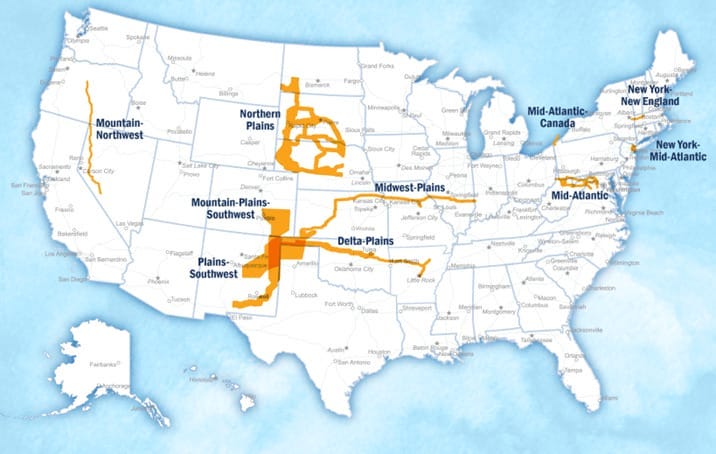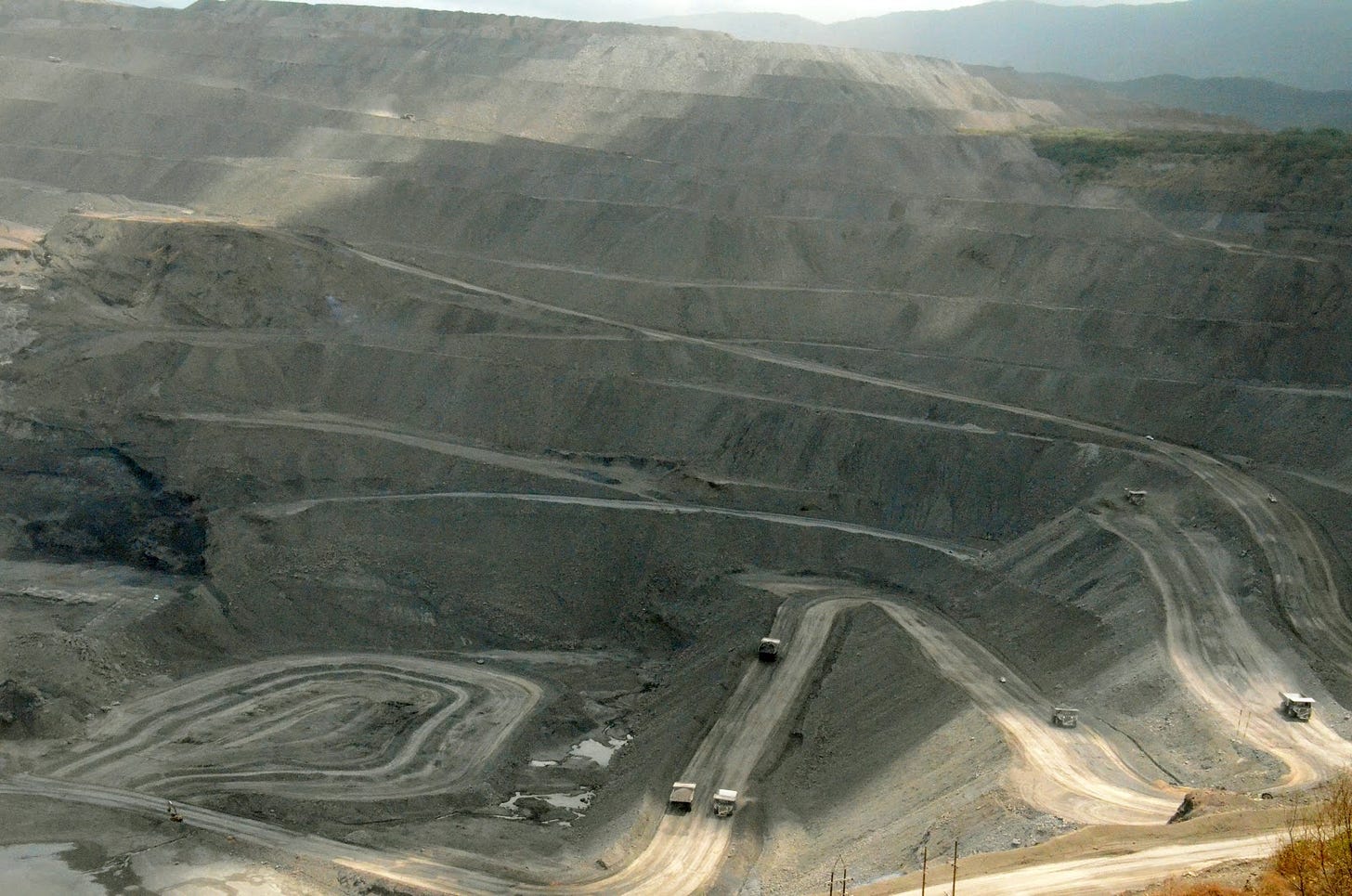The (im?)possibilities of a better world
What I'm actually studying in my research fellowship, explained
I’m officially 3 months in my 10 month fellowship!
VOTE, please. I just did from a pueblo in Colombia, so I think you can walk, bike, or drive to your local polling station after checking out Vote411, Vote.org checking the local paper’s endorsements, and deciding on candidates that represent a better future. It matters. Please. And I don’t have to talk about the presidential election for you to know who I endorse and who I detest.
let’s get it started, ya
For the 3-5 people that understand my obscure references to 19th and 20th century critics of capitalism, I hope that my writing has been somewhat useful in contextualizing La Guajira under how I feel the world is moving economically and politically. However, as brought to my attention by many, most of my writing is unreadable. Inaccessible. Unapproachable. And ultimately, something that people give up trying to read after the first or second paragraph. And that's not my intention.
I'm not writing this blog for people who need a quick "productive" scroll when they have 5 minutes in between the constant humdrum of American work and obligations pressing upon our throats and leaving no time for us to breathe. I want people to think, to reflect, and to disagree with what I'm writing. But at the same time, none of that is possible if I write in a way that no one understands and that reproduces some "quirky lefty ivory tower" style that bases itself more on appearance than content.
So, from now on, I will be more intentional about my writing. And I hope it's more enjoyable.
Recap
This blog will be a recap of some of the things I've learned.
I came to La Guajira, Colombia to explore the past, present, and future.
I grew up with the understanding that we are in a climate crisis--the world is burning, flooding, melting, killing us and other living beings, due to the pressures that we put on the Earth through emitting CO2 and methane (among others), consuming and throwing away too many things, constantly destroying ecosystems to expand farming, industry, *our homes*, and overdrawing upon Earth's precious mineral and water resources.

So what do we do as a people?
We must cut emissions, land degradation, over-exploitation of resources, and stop treating the environment as some sort of trash can.
I learned that the "renewable energy revolution" was one source of hope. Replacing fossil fuels that pollute the air, kill wildlife, deplete water resources, with clean, renewable solar, wind, nuclear (maybe). In fact, we've already reached the point where wind and solar are cheaper per unit of energy generation than fossil fuels. Even the market knows.
Now let me show a couple of photos.




Check out my story from 3 months ago to get a better picture of the context in La Guajira!
What do these two lessons teach us?
In the U.S. and Colombia, extractive fossil fuel use often negatively impacts poorer, minority communities, alongside the planetary boundaries mentioned before.
However, the "energy transition" to cleaner sources also brings negative impacts. There's always costs.
For that reason, I've been fascinated and motivated by the possibility of a just energy transition--what if the energy transition worked with local communities, respected local customs, didn't repeat the same mistakes of fossil fuels, and ultimately improved the lives of people while building the new future!
This doesn't just happen with energy and climate change, but with all the planetary boundaries and associated activities, from agriculture to fishing, transportation to tourism.
So why La Guajira, Colombia?
These two realities—an unjust fossil fuel past and a problematic green future—co-exist in La Guajira, which makes finding new paths of just transitions even more important and difficult.
What happens when giant solar farms disrupt a community’s basic economic livelihoods, whether it be herding goats in the desert or fishing in the sea (in the case of off-shore wind)? When transmission lines cross sacred spiritual sites of their ancestors? When their ability to dream, which is a source of knowledge and wisdom for many indigenous peoples, is disrupted by the unnatural "swoosh" of 100m wind turbines slashing through the air.
I need to write a love letter to renewable energy, because it is so incredibly important in the fight for a better world. But we must be aware that it has hard-to-measure impacts on people that companies, governments, and investors, above all else, rarely account for.
The obvious problem with fossil fuel plants like Cerrejón is that it's a giant hole in the ground operated by a foreign company that has divided and polluted indigenous and Afro-Colombian communities. But in the case of solar and wind, what if indigenous communities could operate their own plants and meet the needs of their communities? If turbines and solar farms are installed with cultural awareness and local knowledge of where the least severe impacts would be? These are questions that are rarely asked by the powerful banks and Global North governments that drive climate change finance.
I obviously have my own thoughts about the real big problem, which in simple terms is the inevitability of capital expansion and mercantilization over territories holding the last threads of cultural and biological diversity. But that's for a different article.
In other news, I’m in Cali for COP16, the most important biodiversity conference in the world thus far, to see how all these people--government delegates, big banks, international nonprofits, and most importantly, civil society--talk about change. I’ve already met so many inspiring youth activists, and I’m excited to share my learnings as the week comes to a close. What is COP16?
Until next time mis amigos,




